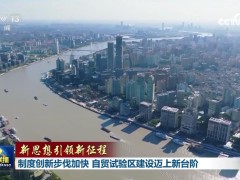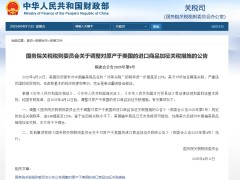Executive Order No. 226
THE OMNIBUS INVESTMENTS CODE OF 1987
WHEREAS, the Government is committed to encourage investments in desirable areas of activities;
WHEREAS, to facilitate investment, there is a need to adopt a cohesive and consolidated investments incentives law;
WHEREAS, it is imperative to integrate basic laws on investment, to clarify and harmonize their provisions for the guidance of domestic and foreign investors.
NOW, THEREFORE, I, CORAZON C. AQUINO, President of the Philippines, do hereby order and ordain the following:
PRELIMINARY TITLE
CHAPTER I
TITLE AND DECLARATION OF POLICY
ARTICLE 1. Short Title. - This order shall be known as the "Omnibus Investments Code" of 1987.
ARTICLE 2. Declaration of Investment Policies. - To accelerate the sound development of the national economy in consonance with the principles and objectives of economic nationalism and in pursuance of a planned economically feasible and practical dispersal of industries and the promotion of small and medium scale industries, under conditions which will encourage competition and discourage monopolies, the following are declared policies of the State:
(1) The State shall encourage private Filipino and foreign investments in industry, agriculture, forestry, mining, tourism and other sectors of the economy which shall: provide significant employment opportunities relative to the amount of the capital being invested; increase productivity of the land, minerals, forestry, aquatic and other resources of the country, and improve utilization of the products thereof; improve technical skills of the people employed in the enterprise; provide a foundation for the future development of the economy; meet the tests of international competitiveness; accelerate development of less developed regions of the country; and result in increased volume and value of exports for the economy.
(2) The State shall ensure holistic development by safeguarding the well-being of the social, cultural and ecological life of the people. For this purpose, consultation with affected communities will be conducted whenever necessary.
(3) The State shall extend to projects which will significantly contribute to the attainment of these objectives, fiscal incentives without which said projects may not be established in the locales, number and/or pace required for optimum national economic development. Fiscal incentive system shall be devised to compensate for market imperfections, to reward performance contributing to economic development, be cost-efficient and be simple to administer.
(4) The State considers the private sector as the prime mover for economic growth. In this regard, private initiative is to be encouraged, with deregulation and self-regulation of business activities to be generally adopted where dictated by urgent social concerns.
(5) The State shall principally play a supportive role, rather than a competitive one, providing the framework, the climate and the incentives within which business activity is to take place.
(6) The State recognizes that there are appropriate roles for local and foreign capital to play in the development of the Philippine economy and that it is the responsibility of Government to define these roles and provide the climate for their entry and growth.
(7) The State recognizes that industrial peace is an essential element of economic growth and that it is a principal responsibility of the State to ensure that such a condition prevails.
(8) Fiscal incentives shall be extended to stimulate the establishment and assist initial operations of the enterprise, and shall terminate after a period of not more than 10 years from registration or start-up of operation unless a specific period is otherwise stated.
The foregoing declaration of investment policies shall apply to all investment incentive schemes.





